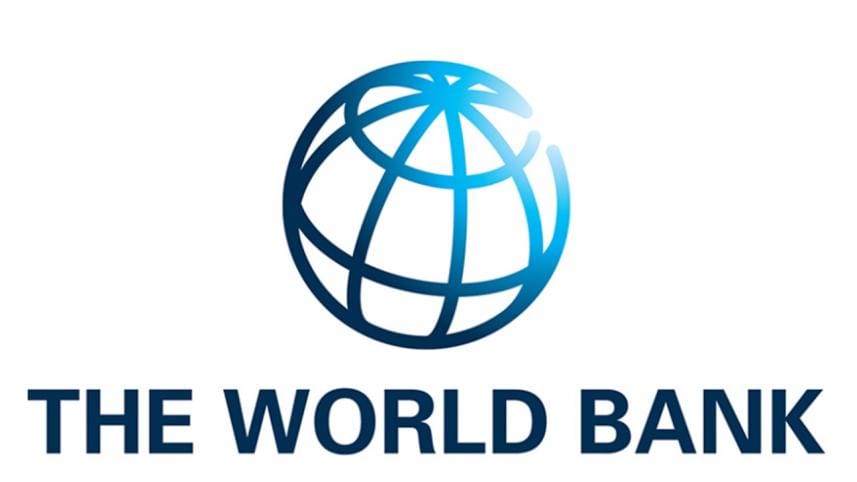Paradigm eastwards

World Bank experts see a great prospect of building a planned city in Dhaka's eastern part to ease the current problems in the capital.
“Seize the golden opportunity of building a planned east Dhaka now. And the cost of not acting will be enormous as seen in the existing Dhaka,” World Bank Country Director Qimiao Fan said yesterday.
He was addressing a programme, organised by the WB, at a city hotel marking the launch of a report titled “Towards Great Dhaka: A New Urban Development Paradigm Eastward”.
Citing the report, Fan said taking measures are vital in three areas -- building an embankment along the Balu river, developing public transport linkages and creating a world-class business district.
The eastern part of Dhaka city is rural now, but located in close proximity to the city centre, he said.
“The east Dhaka represents a golden opportunity that a few megacities in the world have, but seizing the opportunity requires collaboration among the agencies and concerted implementation.”
According to the report, the proposed development interventions could help accommodate an extra five million people and create 1.8 million additional jobs in Dhaka. The interventions would cost about $15 billion, but would lead to $53 billion in increased economic activities per year by 2035.
Prof Nazrul Islam, honorary chairman of Centre for Urban Studies, said the idea of planned eastern Dhaka has to be considered in the light of the capital's master plan and Strategic Transport Plan.
The report analyses how the proposed interventions could propel Dhaka towards becoming a global city and a stronger economic powerhouse for Bangladesh.
At the current rate of migration, the greater Dhaka city will be home to 25 million people by the year 2035. Its population has increased from three million in 1980 to over 18 million today, with 3.5 million living in slums without basic civic services, says the report.
The average driving speed in the city has slowed down from 21 km per hour to less than 7 km, resulting in loss of 3.2 million working hours every day due to traffic jam.
World Bank South Asia Chief Economist Martin Rama said the three major challenges the Dhaka city was faced with were flooding, congestion and messiness.
He expressed fear that the east Dhaka may turn messy like the west within a couple of decades unless a strategic action is taken now.
Hossain Zillur Rahman, chairman of Power and Participation Research Centre, said a planned Dhaka city was about turning around, but too many players working with too little coordination was the key governance barrier.
LGRD Minister Khandker Mosharraf Hossain said lack of coordination among various service agencies was a key obstacle to a planned Dhaka city.
Citing an example, he said the road transport minister and the public works minister separately head different bodies on urban development.
Prof Anthony Venables of University of Oxford, among others, spoke at the programme.
 For all latest news, follow The Daily Star's Google News channel.
For all latest news, follow The Daily Star's Google News channel.
Comments